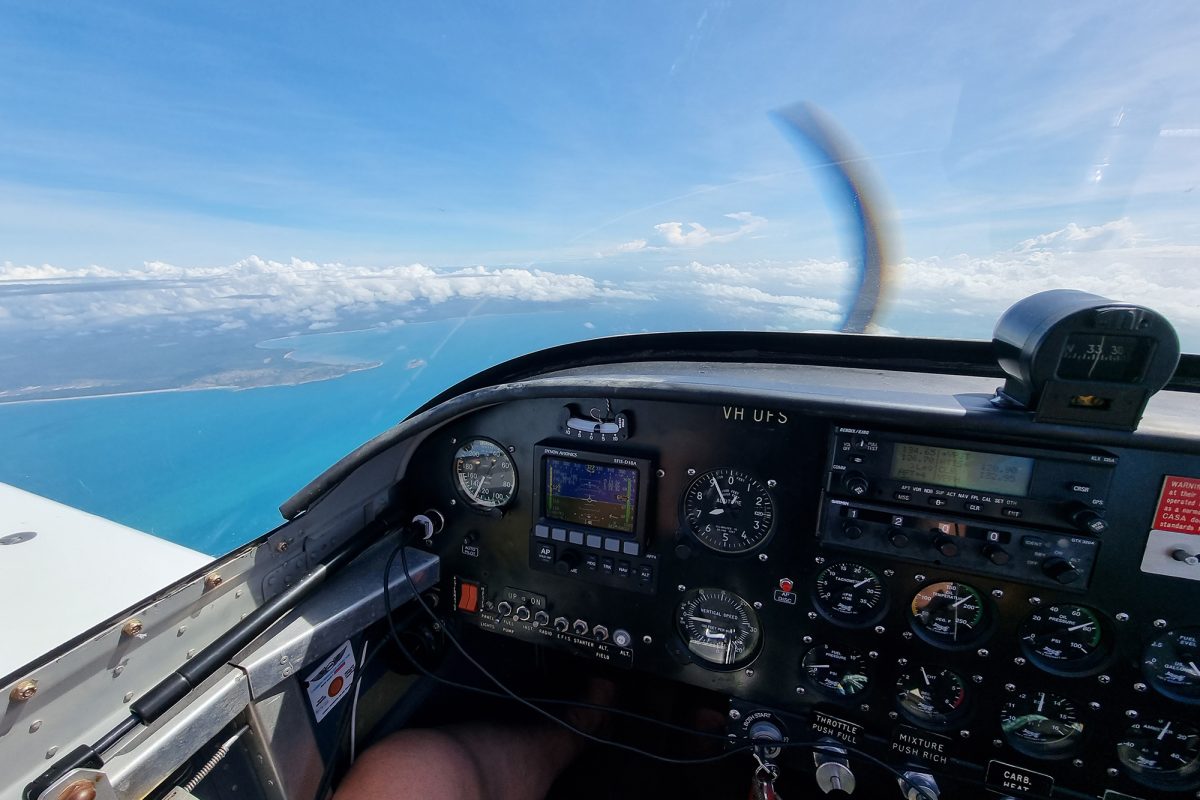Just ask any pilot what they think about exams and you will often see the colour quickly drain from their face. Let’s face it, we all generally hate them. That’s before we even get started on the trick questions, the double bangers, the hidden split infinitives and things that – quite frankly – you were never taught. But no matter what dread they conjure up in our aviation pathways, there’s no denying; they are here to stay.
The examination process has been the foundation of our skill and knowledge assessment for a long time now, and for good reason. For aviators though, the benefits may not be immediately obvious.
There’s an old saying in flying, “Aviation can be a cruel teacher – she often gives the test first and the lesson later.” True words indeed. As any misunderstanding or errors in flight can have dire consequences, the relevance of “knowing your stuff” and how to apply it practically when it matters is a concept that we can all clearly understand and relate to. This is where exams become relevant.
Traditionally, the exam process has been to sit down in a sterile, controlled environment with a question paper, a blank answer sheet, a time limit and a whole bunch of stress – hoping that the recall and understanding all come together to get that required pass. But this single point assessment has come under a lot of scrutiny lately, particularly in our primary and secondary educational systems. While a formative or “learn and assess as you go” system is a much more relaxed method of determining understanding, its application in aviation – while a reasonable tool for checking – does not really ensure a pilot can quickly recall key knowledge when under pressure. This is just the environment where pilots need to be able to apply and act quickly, particularly when faced with an emergency. So, heightened stress is actually a key metric needed to confirm knowledge competency and recall, especially in an aviation setting.
It is with this understanding that RAAus has placed a high priority on modernising our examination platforms through our Learning Management System (LMS). With improvement being a core focus, we are conducting a complete review of all question and examination subjects. The current exams have served us well, but we are well aware that there is room for improvement. This includes correcting known errors, removing ambiguity and providing referencing for debrief and review. We will also rationalise human factors questions; making these more relevant to actual operational tasks, thereby putting the human back into this often confusing and academic area of applied knowledge. As Bob Tait so wisely says, “It’s better to ask five simple questions on the same subject than one difficult, ambiguous one.” The work on this important project has already commenced, using a top-down approach with the RAAus Flight Examiner Course and Instructor exams and a range of approval holder questionnaires. We will continue with all the RPC exams and into maintenance and airworthiness areas of knowledge as well. A new RAAus Flight Examiner course is also currently in beta testing and will ensure our approval holders apply common, standardised and relevant assessment practices when examining pilots and higher approval holders in RAAus.
Accessibility, security and efficiency are key drivers of our learning resources and for this reason, housing our learning resources and exams online via our Learning Management System (LMS) is a fundamental requirement for this expansive project. We first showcased this with our L1 Maintenance Knowledge exam, which has proven very successful. This approach allows users to undertake online study, sit the exam and receive immediate feedback and results with recognition of the endorsement immediately added to their certificate. Once the project is completed, a student or converting pilot will be able to complete an exam online – with digital oversight by their instructor – and get an immediate result with any areas of deficiency clearly summarised in a report for the candidate and instructor to review.
Of course this sounds simple but, there is a lot of functionality in the background that has to be built. This forms part of a greater digital modernisation program currently being rolled out with a broad range of benefits for members. We realise also that some of our members either don’t have access to the required technology or are simply not comfortable using it, so a paper backup option will continue to be available for the foreseeable future.
Exam modernisation is just one part of the work being undertaken within the training development portfolio. Our association with Bob Tait Theory will enable us to provide easier referencing for study, review, online quizzes and practice exams. Using visual media like YouTube and Vimeo for training content makes for easier learning. All this is designed to support our members’ training journeys with our approved flight schools.
So, as you look down at a blank answer sheet, hoping the answers will come easily, rest assured RAAus is working hard to make the whole experience both practical and efficient to aid you in your aviation learning.









